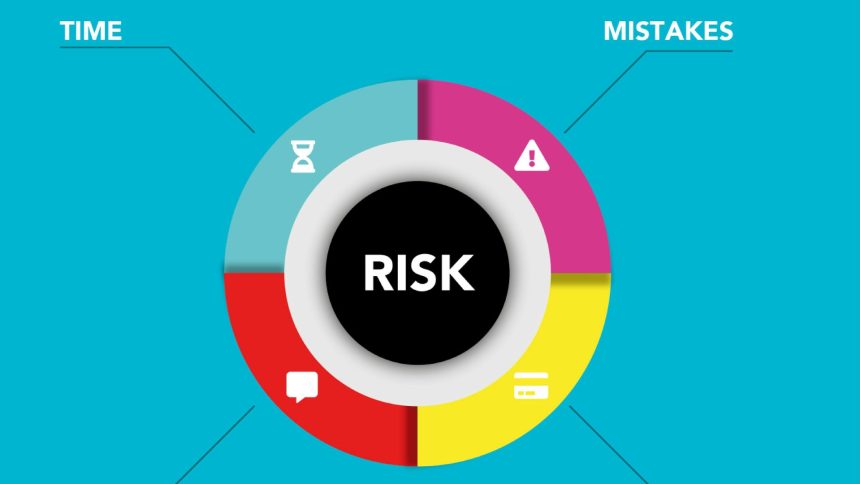Independence is a goal many of us strive for, and two essential skills
can lead us there: effective time management and smart money management. When used well, these skills empower us to make confident decisions, meet our goals, and ultimately create a stable, self-reliant life. Here’s a comprehensive guide to managing your time and money effectively to build the independence you’re after.
1. Time Management: Making Every Moment Count
Set Clear Goals
Begin by identifying what you truly want to accomplish. These goals could include career advancement, personal development, or achieving financial independence. Write them down and break them into actionable steps. Goals give structure to your time, helping you prioritize tasks that bring you closer to what matters most.
Prioritize and Plan Your Day
Without a plan, it’s easy to get sidetracked by distractions. Start each day by identifying the top three tasks that need to be accomplished. Using a daily planner or a task management app like Todoist, Asana, or Google Keep, list these tasks and check them off as you go. Tackle high-priority tasks first to ensure your energy is spent on what’s most important.
Limit Time-Wasting Activities
Evaluate how you spend your day and pinpoint areas where time might be slipping away. Scrolling through social media, binge-watching shows, or spending too long on minor tasks can eat into time you could spend on growth-oriented activities. Limit your screen time by setting boundaries, like only checking social media after completing key tasks.
Use Time-Management Techniques
Techniques like the Pomodoro Technique (working in 25-minute focused bursts with a 5-minute break) or Time Blocking (allocating specific blocks for different types of tasks) can help you work more efficiently. These techniques can reduce burnout and allow you to achieve more in a shorter time.
Balance Work and Personal Life
True independence comes when you can manage work demands and personal needs without feeling overwhelmed. Make time for relaxation, exercise, and socializing to recharge. A balanced schedule helps maintain productivity and ensures that your personal growth and relationships aren’t left behind.
2. Money Management: Building Financial Independence
Track Your Spending
Financial independence starts with knowing exactly where your money goes. Use a budget-tracking app like Mint, YNAB (You Need A Budget), or even a simple spreadsheet to monitor expenses. Regular tracking reveals spending patterns and areas where you could save, bringing you closer to your financial goals.
Create a Realistic Budget
Build an Emergency Fund
An emergency fund is a safety net that covers unexpected expenses without disrupting your budget. Ideally, aim to save three to six months’ worth of living expenses in a separate account. Having this fund gives you peace of mind and the freedom to make decisions without constantly worrying about finances.
Pay Off Debt Strategically
If you have outstanding debt, focus on paying it off as part of your path to independence. Start with high-interest debts (like credit card debt), as these accumulate interest quickly. Consider the Snowball Method (paying off the smallest debts first) or the Avalanche Method (paying off the highest interest rate debts first) to gain momentum and reduce debt more effectively.
Invest in Your Future
Setting aside money to invest can help you grow wealth over time. Start with low-risk options like a savings account or fixed deposits, then consider higher-yield investments like stocks, bonds, or mutual funds as you gain confidence. Investing early—even with small amounts—allows you to build a future fund that contributes to long-term independence.
Limit Unnecessary Spending
Identify wants versus needs, and aim to reduce impulsive purchases. Adopt the 30-Day Rule: if you want to buy something non-essential, wait 30 days to see if you still want it. This reduces impulse buys and helps you make more mindful choices about spending.
Seek Passive Income Streams
Achieving financial independence often means having multiple income sources. Consider ways to earn passive income, like investing in dividend stocks, starting a small business, or renting out property. Passive income allows you to supplement your primary earnings and gives you more financial security.
3. Combining Time and Money Management for Long-Term Success
Plan for Future Goals
Once you’ve got a handle on the present, focus on the future. Whether your goal is home ownership, higher education, or early retirement, both time and money management are essential. Divide your goals into short-term, mid-term, and long-term and allocate time and financial resources accordingly.
Develop Good Habits and Routines
Success in managing time and money comes from consistency. Build routines around daily planning, expense tracking, and reviewing your progress weekly. Creating habits allows these skills to become second nature, making it easier to maintain them over time.
Invest in Skills and Knowledge
One of the best investments you can make is in yourself. Improving your skills, learning new ones, and expanding your knowledge can help you increase earning potential and efficiency. Take courses, attend workshops, or read books that help you manage your time, boost productivity, and grow financially.
Stay Disciplined and Keep Learning
Independence is a continuous journey. As your responsibilities and goals change, your approach to time and money may need adjustments. Stay disciplined, be open to learning, and regularly review your strategies to ensure you’re on track.
In Summary: Building Independence through Smart Time and Money Management
Effective time and money management are powerful tools that open the door to independence. By setting priorities, planning your day, tracking your finances, and making smart choices, you can build a life where you have more freedom and control. With patience, persistence, and a clear vision, these habits will bring you closer to the life you’ve envisioned, where you’re self-reliant and confidently managing both your time and money.







